Getting a mortgage as a self-employed contractor
Owning a home is a dream for many of us, but if you work as a self-employed contractor, you may have seen first-hand how tricky it can be to obtain a mortgage.
That’s because mortgage lenders want to ensure you can afford the mortgage repayments before they lend you the money. And, as your income can fluctuate month on month, this makes mortgage lenders nervous. However, as the number of self-employed contractors and freelancers continues to rise (particularly in sectors like IT), mortgage lenders are relaxing their requirements.

This article looks at what is involved in applying for a mortgage as a self-employed contractor.
The process of applying for a mortgage
Now that you’ve found your dream home, you’ll be keen to get the mortgage sorted so you can proceed with the purchase. But, it’s important to understand that this process can’t be rushed. The mortgage lender will first need to assess your suitability for a mortgage. This involves reviewing your:
- Income
- Expenses
- Income security
Calculate your income
If you were an employee, your income would be fairly consistent across the year. However, as a self-employed contractor, your income can fluctuate, unless you’re working on a long-term contract.
The mortgage lender will try to calculate an average of your income, by looking at what you’ve earned over a specified length of time. The minimum period they will use is six months, but some lenders will go back as far as two or three years.
Some lenders may be willing to calculate this using your day rate e.g. day rate X number of days worked per week X number of weeks worked per year (some lenders may automatically apply a period of 48 weeks per year to take into account holidays and time between contracts).
Detailing your expenses?
The mortgage lender will ask for details of your monthly expenses and proof of these, either through a copy of bank statements and, or credit card statements. Some lenders may require six months’ worth of statements, whilst others may ask for statements dating back longer.

How do lenders assess my income security?
Many lenders take the view it’s risky lending money to self-employed contractors, because of the instability around your income. So, you may find that your application gets referred to an underwriter. This is someone who looks at your income, expenses and credit score amongst other things to assess the level of risk involved with lending you the money.
We advise contractors who are applying for a mortgage to provide as much information as possible. Your accountant can be a great source of support at this time, as they can provide accurate and update to information on your income.
Note of caution: If you’re a contractor working through a limited company, the process lenders use to calculate your income may differ slightly. Most lenders will only consider your salary plus any dividends you have taken, instead of looking at your total earnings. As most contractors use the system of taking a small salary and the remainder via dividends, this can reduce the amount of money the provider is willing to lend.
If you find yourself, in this situation, it can be beneficial to use an Independent Financial Advisor (IFA) or Mortgage Broker, who can search the market to find a lender that is sympathetic to contractors.
Over the 20 plus years, we’ve been working with contractors, we’ve built up close working relationships with IFA’s and Mortgage Brokers, and we’d be happy to recommend some to you. Give us a call on 01962 867550 or send us a message via our website.
Note: All the information and advice in this blog post was correct at the time of writing.







